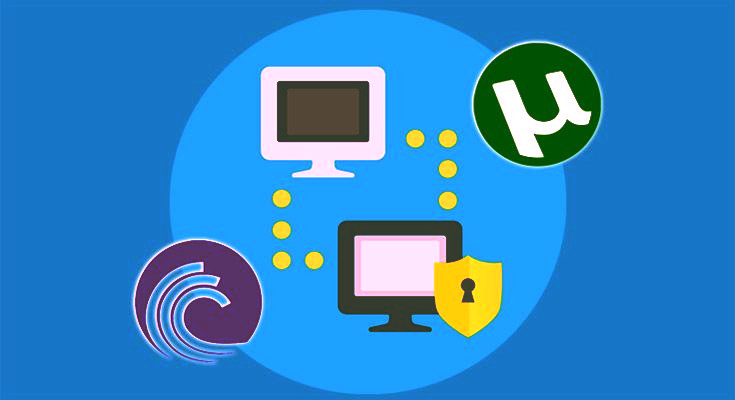

Downloading big files at high speed while torrenting takes a lot more bandwidth than allowed by your ISP. Your ISP provides a particular bandwidth for browsing. To identify, these suspicious sites will have pop up ads, bad torrents from unknown uploaders, surfacing you to malware and viruses. Along with the actions that will be taken on these sites, it puts the users at a risk too. Torrenting sites that enable sharing of copyrighted material commonly known to most of us as piracy, the site is liable to be blocked or shut down within no time. In 2018, more than 3,300 lawsuits were directed at BitTorrent users. Copyright trolls have been very active in the US since the late 2000s. ISPs in turn, send those settlements to their customers. Copyright trolls send a list of IP addresses and settlement letters to the ISPs. The IP addresses can be traced back to the ISP. An IP address is the first thing that gets exposed when you use the BitTorrent. A copyright troll has permissions by the copyright holder to take legal action against people downloading the media illegally. If you are downloading a file that has a copyright, then you might face copyright infringement issues. Torrenting without a VPN might expose you to a risk of legal prosecution or hefty fines for downloading copyrighted content.Ĭopyright Trolls. For example, downloading copyrighted material could be illegal and could be legally prosecuted and VPN can protect you from copyright lawsuits. The idea is to remain anonymous while downloading torrents.

VPN hides your IP and location from other torrent peers and browsing history from your internet provider. A VPN connects your system to another computer and lets you download torrents using the other computer’s internet connection.


 0 kommentar(er)
0 kommentar(er)
